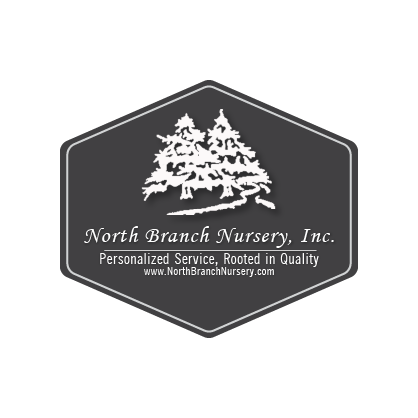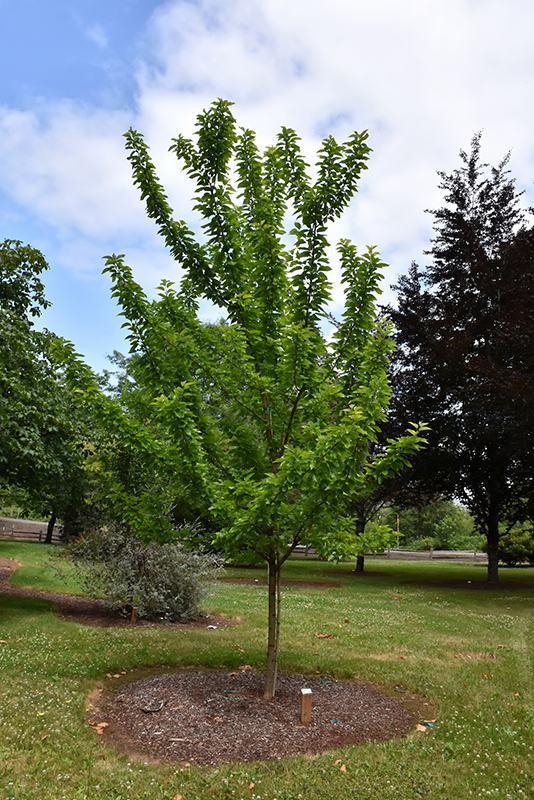Looking for a particular Plant? Try our Plant Finder Tool.
Wichita Osage Orange
Maclura pomifera 'Wichita'
Height: 35 feet
Spread: 35 feet
Sunlight:
![]()
![]()
Hardiness Zone: 4b
Other Names: Hedge Apple, Horse Apple
Brand: J. Frank Schmidt & Son Co.
Description:
A both fruitless and thornless cultivar that will eventually form a broad, rounded crown; very adaptable, heat and drought tolerant, with dark green, glossy foliage; has strong wood and branch attachments; resistant to disease, pests, and deer
Ornamental Features
Wichita Osage Orange has attractive dark green deciduous foliage on a tree with a round habit of growth. The glossy heart-shaped leaves are highly ornamental and turn an outstanding yellow in the fall.
Landscape Attributes
Wichita Osage Orange is a dense deciduous tree with a more or less rounded form. Its average texture blends into the landscape, but can be balanced by one or two finer or coarser trees or shrubs for an effective composition.
This is a relatively low maintenance tree, and should only be pruned in summer after the leaves have fully developed, as it may 'bleed' sap if pruned in late winter or early spring. Deer don't particularly care for this plant and will usually leave it alone in favor of tastier treats. It has no significant negative characteristics.
Wichita Osage Orange is recommended for the following landscape applications;
- Accent
- Shade
- Hedges/Screening
- Windbreaks and Shelterbelts
Planting & Growing
Wichita Osage Orange will grow to be about 35 feet tall at maturity, with a spread of 35 feet. It has a low canopy with a typical clearance of 3 feet from the ground, and should not be planted underneath power lines. It grows at a medium rate, and under ideal conditions can be expected to live for 80 years or more.
This tree does best in full sun to partial shade. It prefers to grow in average to moist conditions, and shouldn't be allowed to dry out. It is not particular as to soil type or pH. It is highly tolerant of urban pollution and will even thrive in inner city environments. This is a selection of a native North American species.



